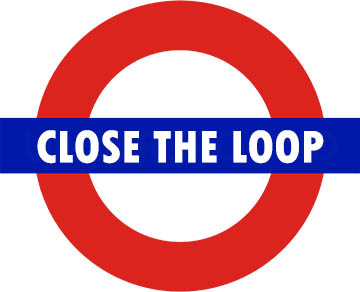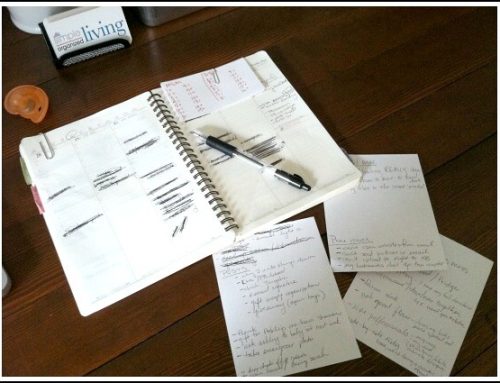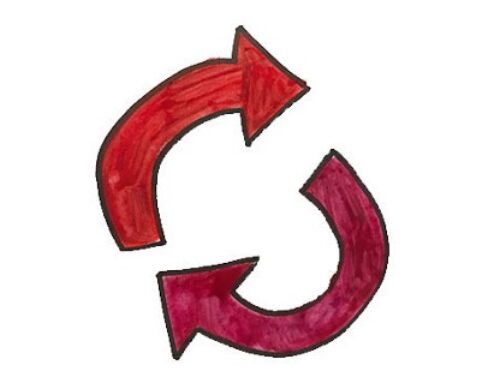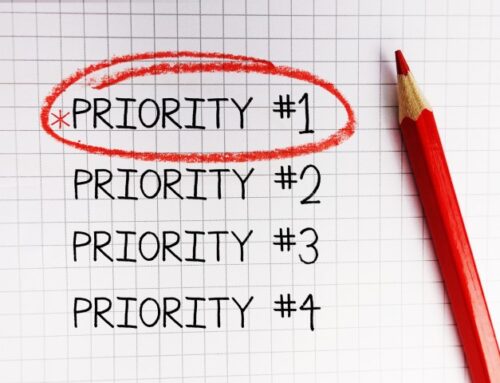Close the Loop
December 9, 2019
Categories: Work
I try not to check email outside of work hours. Part of the reason is that it’s tough for me to relax when I have an unresolved issue at work. What often happens is I open my email, and see an issue that I need to respond to at some point. But I don’t have time to respond right then, so the issue is left unresolved. It floats around in my head and causes me unnecessary stress. It’s better for me to leave my email closed until I’m ready to work and respond to my inbox.
Life Happens
Sometimes, however, life happens. The other day, we had family in town and decided to go see the new Mr. Rogers movie. (It was awesome, by the way.) I purchased the tickets, which were then sent to my email. So, I had to open my email to show our tickets at the theater.
Sure enough, it happened again. I saw an email about a grant that needed a response from me, and I started to worry about it. I was out with my family, so I couldn’t do anything to respond to the email right then. But it bothered me, and caused me some unneeded stress throughout the evening.
Close the Loop
Besides being more rigorous about not checking your email, is there any way to stop random emails from invading your personal life when you are off the clock? Cal Newport talks about a strategy called “close the loop” which can be helpful in situations like these. Basically, when you are confronted with an unresolved issue, or something you need to do, you have an open loop in your mind. You are likely to keep thinking about the issue until you do something to close the loop, or resolve the issue.
But what if you don’t have the time to resolve the issue right away? Well, there might be another way to close the loop. Newport recommends going into your schedule and writing down the task you need to complete. For example, I could have gone into my planner and scheduled a time during my next work day to respond to the email and resolve the grant issue. If you do this, you close the loop in your mind because you have scheduled in a time to resolve this task. You know you will do it at a specific time in the future, so you don’t have to worry about it in the present.
Discussion
What do you think of the strategy of “closing the loop?” What has been helpful for you in trying to stop email from invading your personal life?

Related Thoughts

Subscribe To My Newsletter
Join my mailing list to receive the latest blog posts.
Receive my e-book “The Mental Health Toolkit” for free when you subscribe.





